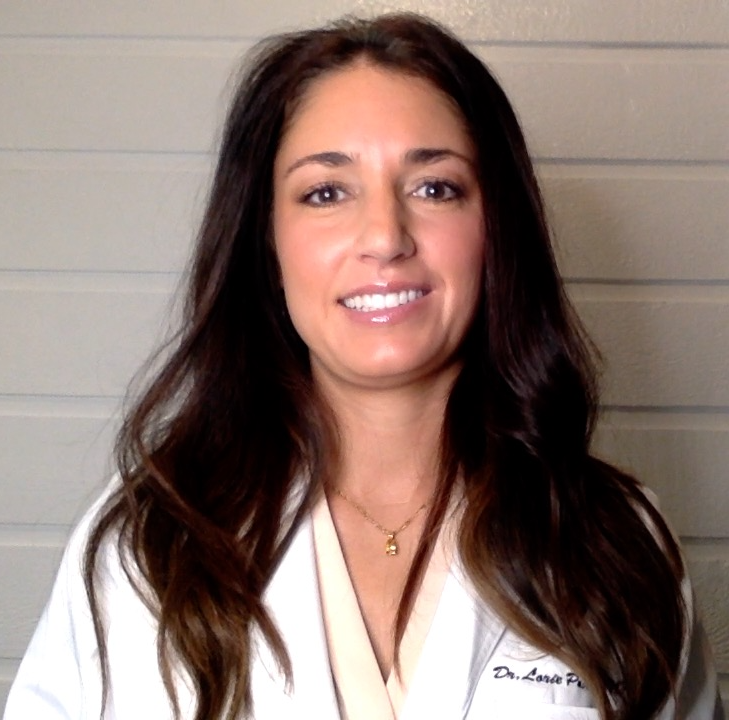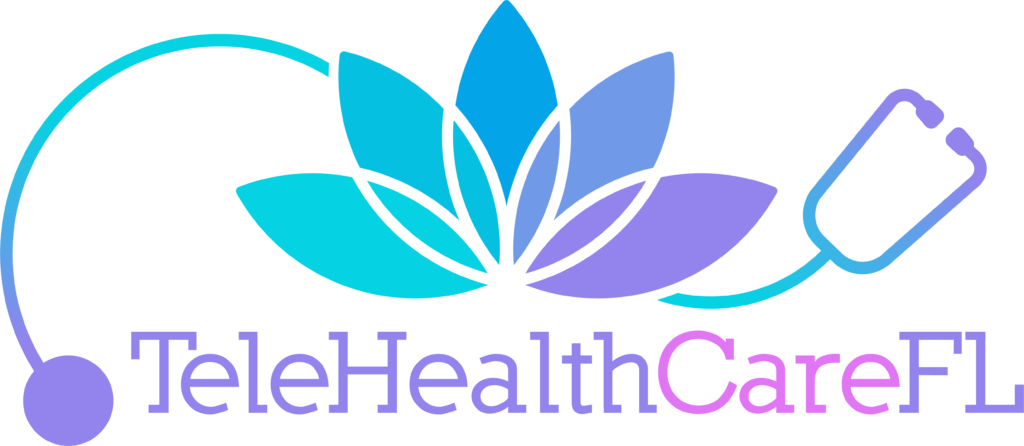Medical Advice for Travelers
Medical advice regarding traveling can be vast depending upon the individual and their health status. The route of travel planned, the accommodations whilst away, the activities planned, and the location(s) visited are also considered.
Considerations
An individuals current health status is evaluated to discern any potential adverse outcomes related to known medical conditions, and the risk for exacerbation of those conditions while traveling.
Evaluation prior to travel includes optimizing any possible medical conditions in efforts to prevent exacerbations and hospitalization while away from home.
Prolonged travel and immobilization can exacerbate venous disease and provoke clots, and sometimes blood thinning agents may be recommended.
When consulting with a provider regarding travel expect to discuss any immunocompromising diseases, e.g., cancers, HIV, history of organ transplantation and pregnancy or plans to conceive in the near future. Immunocompromised individuals are at increased risk for opportunistic infections such as viral, bacterial, parasitic and fungal infections.
Be prepared to discuss the full itinerary of your trip including staying at resorts versus rural, and potential exposures to fresh or brackish waters.
Fresh water in certain regions may contain schistosomiasis or leptospirosis.
Note any allergies including to medications or eggs, gelatin (related to vaccinations).
Vaccinations
Consideration is given for vaccinations which might be reasonable for travel to specific endemic areas.
Immunizations categories include routine prevention (e.g., childhood vaccinations), those required for travel, and those recommended for travel.
Disease Prophylaxis & Prevention
Prophylactic medications may also be given if individuals are traveling to areas with high risk for travelers diarrhea and malaria.
Consideration will also be given to proper attire, e.g., not walking barefoot as grounds contaminated with animal or human feces may lend to exposure to hookworms or strongyloides larvae.
Prevention methods for region specific insects, e.g., mosquitos and risk of malaria, dengue, chikunguya, zika, west nile virus, and yellow fever may be discussed in addition to any appropriate prophylactic medications.
Avoid approaching wild animals as they may be infected with rabies and could infection humans via scratches and bites.
High altitude sickness may also be discussed.
Counseling
Travel advice also includes counseling. For example, proper precaution and sanitation around food and water, unpasteurized dairy products and undercooked meats and fish.
Sexually transmitted diseases (STD) prevention may also be discussed at other parts of the world have higher rates of HIV, super gonorrhea, Hepatitis B, and (but not limited to) high risk strains of HPV which can cause warts and certain cancers. Use of condoms for any sexual activity is advised.
Special activities consideration may also be discussed. For example, if scuba diving individuals ought to wait 12 to 48 hours before boarding a flight to avoid decompression sickness, also known as “the bends”.
Traffic accidents also top the list for death to travelers. Individuals ought to be mindful about chosen methods of transportation choosing safe options with seatbelts.
Travel and evacuation insurance offers a peace of mind and is always a good idea.




